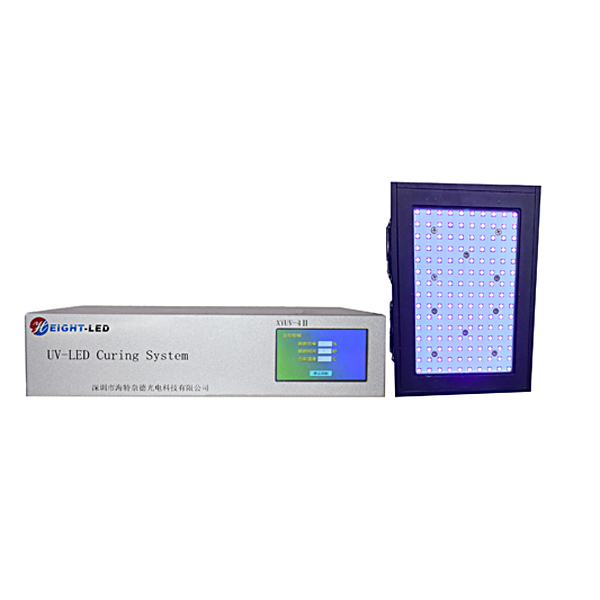

The UV printing process is a major application in the printing industry. In addition to the advantages of environmental protection and cost saving, UV printing still
has disadvantages. The problems that may occur during the UV printing process are as follows.
1, paste phenomenon.
Concave varnish, refraction, foaming, sanding and other products are prone to this phenomenon, because the viscosity of such products is large, in the printing,
if there is insufficient tension of the screen, the mesh distance is too low, the scraper is soft, and the ink is returned. This phenomenon is likely to occur when
factors such as unevenness or excessive thickness, insufficient pressure, etc., at this time, the printing process can be appropriately improved; in the case of ink,
a diluent can be appropriately added for adjustment.
2. The phenomenon that the ink is layered for a long time.
The varnish is relatively obvious, which is a normal phenomenon. After the ink is turned on, it must be stirred thoroughly before it can be printed on the machine.
It can avoid the surface effect of the printed matter caused by the long-term stratification of the ink, such as defoaming and flow equality.
3, the printed pattern is not fine, and occasionally there is a defect.
The main reason lies in printing and ink. Printing: insufficient pressure, insufficient blade hardness, low net mesh or insufficient tension. In terms of ink: the
variety is not suitable, the wettability to the substrate is not enough, or the ink has partially seen the effect of light curing on the net effect (this phenomenon
may be due to window printing, printing under strong light)
Or the UV light fixture is caused by the residual light illumination screen).
4. There are bubbles and pits on the surface of the printed pattern.Possible reasons are:
The viscosity of the ink is too large, especially in the case of low temperature, the viscosity of the ink increases, and the defoaming ability is obviously weakened.
At this time, a diluent or an auxiliary agent may be added to solve the problem.
2. The ink is not fully stirred during use, and the additives on the edge of the ink can and the cover are not fully mixed with the ink, thereby affecting the function
of defoaming and leveling.
